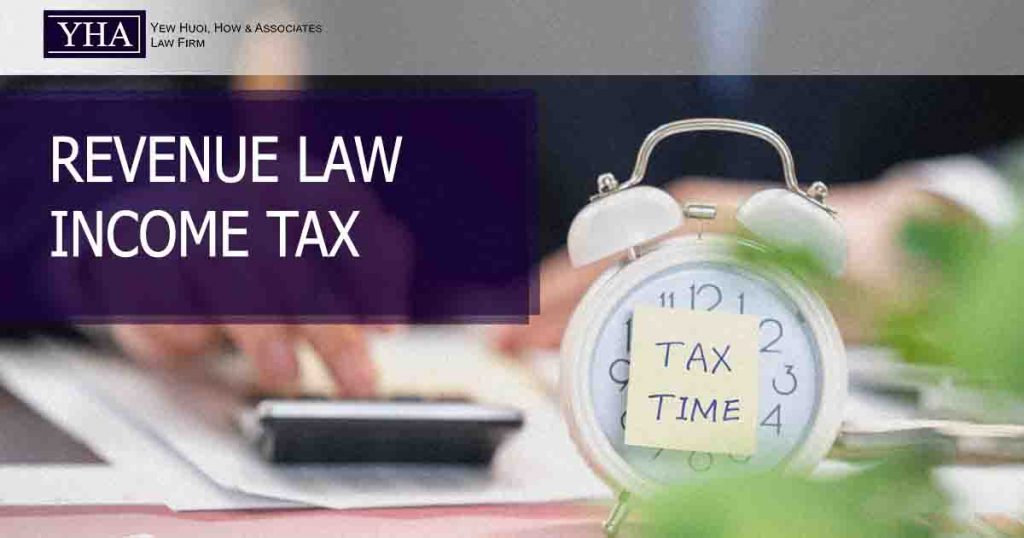Smith is a director for Company X in the year of 2003. In 2022, the government claimed unpaid tax against Company X and Smith. The government claimed that Company X and Smith are jointly and severally liable for outstanding tax due by the company for the year of assessment (“YA”) 2001 – 2004.
Q: Is Smith responsible for the tax due by the company for YAs 2001-2004?
A: Not entirely correct. Smith is only responsible for tax of the company after he became a director. And in this case, only for YA 2004. Although the Income Tax Act of 1967 (ITA) says directors can be held jointly and severally responsible for a company’s tax liabilities, it is impractical, ineffective, and unjust to impose this obligation before Smith became a director.
Q: Can Smith be liable for tax after 6 years?
A: No. Section 106(1) of the ITA says “(t)ax due and payable may be recovered by the Government by civil proceedings as a debt due to the Government.” However, s. 106(1) is still subject to the Limitations Act 1953. There is a six-year statute of limitation. The government can no longer claim unpaid tax due after 6 years. And in this case, the alleged unpaid tax was 17 years ago.

